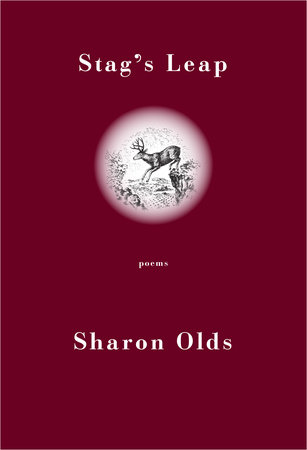There are moments in life when we chance upon a song, poem, film or book that chimes with something within us. Pithy quotes resonate—we remember them—they influence how we act. I’ve been collecting quotes, anecdotes, aphorisms and poems for twenty years, which I refer to for inspiration.
Sometimes a book, poem or song lyric can be life-changing. It might make us see things in a different way, or confirm what we were already thinking—an ego-boosting fillip that proves we’re not alone in the world. How what we read affects what we write is hard to say, but as Pam Allyn of the International Literacy Agency said: “Reading Is Like Breathing In; Writing Is Like Breathing Out.”
I grew up in the 1950s-1960s, a time of great social change with the rise of consumerism and the building of so-called New Towns within commuting distance of London; these were designed to take the capital’s population overflow housing them in modern developments to replace WW2 bomb damaged buildings. My hometown of Stevenage, Hertfordshire went from being a sleepy 6,000 in population, when I was born, to have tens of thousands of residents
I was a real lover of nature, so adored The Wind In The Willows by Kenneth Grahame, which taught me some early lessons about conservation, how small is beautiful, loyalty and opposing property developers. It was galling to realise that I lived in a town that had expanded onto green spaces. The idyllic quality of life which Mole and Ratty sought in The Wind In The Willows eventually led me, after much wandering, to move to Cornwall.

My attitude towards opposing the destruction of the environment was cemented by reading Edward Abbey’s The Monkey Wrench Gang.

I learned about the dark side of war by reading Lord Russell of Liverpool’s books on Nazi and Japanese war crimes. The Scourge of the Swastika and The Knights of Bushido were harrowing reading matter for 10-year-old me, but they were formative in making me realise that fascism has to be opposed.


On a lighter note, a few years ago, a friend introduced me to the writing of Pema Chödrön. I’ve long had an interest in philosophy and her Buddhist beliefs chimed with what I’d been wondering about, particularly what she says about ‘attachment’ which hooks a person into a long-standing cycle of negative thinking. ‘Start Where You Are’ are ideal watchwords for any writer embarking on the telling of a story.

I love poetry and recall being struck by the chilling forthrightness of Philip Larkin’s This Be The Verse when I first read it as a teenager. It started me thinking that I shouldn’t have children…and I never have.
This Be The Verse
They fuck you up, your mum and dad.
They may not mean to, but they do.
They fill you with the faults they had
And add some extra, just for you.
But they were fucked up in their turn
By fools in old-style hats and coats,
Who half the time were soppy-stern
And half at one another’s throats.
Man hands on misery to man.
It deepens like a coastal shelf.
Get out as early as you can,
And don’t have any kids yourself.
More recently, I was delighted by the honest and sensual verse of Sharon Olds.
She writes fearlessly about ageing, including making love. Her frankness and good humour affected my poetry and prose. Hard to dislike somebody who writes a poem called Celibate’s Ode To Balls.
Writing by Peter Cox, literary agent, author and founder of Litopia, with its writers’ forum The Colony, made me reconsider what I was eating. I read You Don’t Need Meat which opened my eyes to a lot of issues I’d been ignoring about the food industry. I eat a lot more pulses, grains, fruit and vegetables these days. I could have done without the nightmare I had after reading the book, in which I was pursued through a forest by giant pork chops spitting applesauce at me! I’d rather not think about the Freudian aspects of that… I certainly woke more terrified than turned on.

It’s not just the books we read, but also the books we write that change our lives. Returning to creative writing in 2013 transformed my self-belief and I’m more optimistic about life. Whether my words will ever change a reader’s life remains to be seen.
What books do you remember as influential from your childhood?
Has a book ever changed how you think about something?
What have you read recently that blew your mind?
Has being a writer changed your life?



